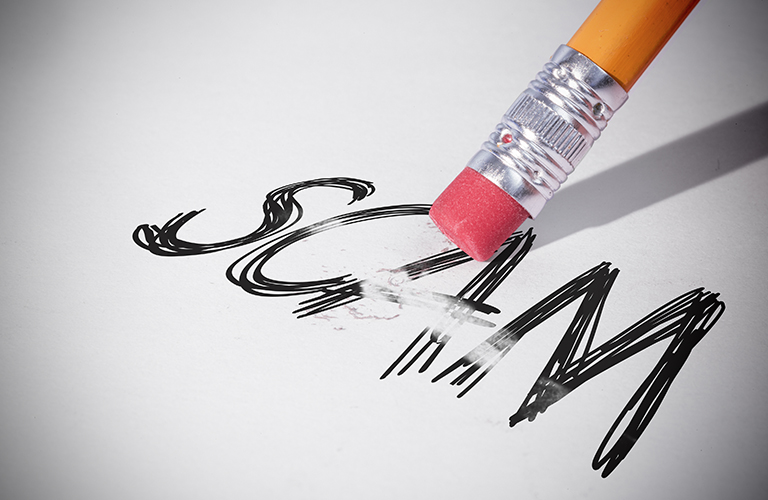
Last week, the USPTO and TPAC (the Trademark Public Advisory Committee) hosted a public roundtable entitled “Fraudulent Solicitations to Trademark Owners.” The roundtable was chaired by Mary Denison, Commissioner for Trademarks; opening remarks were provided by Joseph Matal (currently performing the functions and duties of the Under Secretary of Commerce for Intellectual Property and Director of the USPTO). Members of the public were invited to attend and participate in the roundtable. Speakers included both outside counsel and corporate practitioners and representatives of other organizations, as well as Darlene S. Klinksieck from the Washington, DC office of Smith, Gambrell & Russell, LLP.
Increasingly over the last few years, many U.S. trademark application/registration owners are being solicited by questionable entities who have obtained trademark information from the USPTO public databases offering to provide unnecessary –and in some instances non-existent– services in connection with U.S. trademark protection. These entities use “official-sounding” names such as U.S. Trademark Compliance Office to confuse the trademark owners into believing that: 1) they are being contacted by an authorized governmental entity, and 2) that the services are required or at least highly desirable for proper trademark protection. All such solicitations request payment (in amounts far exceeding the “norm” for U.S. practice and oftentimes within 14 days so as to instill a sense of urgency) – typically by check or wire. In some instances the services are never provided after payment; in other cases, dubious and unnecessary services are provided. These solicitations are typically received by U.S. Mail from U.S. and European locations. It is not uncommon for the scammers to open a P.O. Box and send out 10,000 solicitations with the hope of getting 150 responses (i.e., checks). USPTO Director Matal advised attendees that “we all need to work together to corral and fix this problem.”
Representatives from the U.S. Department of Justice (Criminal Division, Fraud Section), the Federal Trade Commission (Division of Marketing Practices), the U.S. Postal Inspection Service, U.S. Customs and Border Patrol and the Small Business Administration filled the panel; the USPTO has worked with all of these groups in an attempt to combat the fraudulent solicitations.
Early last year, the Department of Justice secured criminal convictions in federal court in the Darbinyan case on charges of mail fraud, money laundering, conspiracy and other crimes in California related to one of these scams (LA Times Article). That scheme defrauded more than 4,400 trademark owners out of $1.66 million. Apparently, crucial evidence in the Darbinyan case was the fact that albeit victims in several instances were assured that their U.S. trademark registrations had been recorded with Customs and Border Protection (a simple procedure that can be done online for $190) for amounts far exceeding the actual cost, the Customs database demonstrated that in fact the registrations had NOT been recorded. Ironic to think that a $1.66 million fraud scheme was “taken down” by the failure to spend $190 on a Customs record.
Representatives from both the Postal Service and the Federal Trade Commission stressed that it is imperative that these scams be reported, noting that “if we don’t get complaints, we won’t know and can’t do anything.” That said, many of these instances go sadly unreported because the victims have already lost money and do not wish to admit that they’ve been “taken”. Should a seemingly fraudulent solicitation of this nature be received, both the Postal Service and Federal Trade Commission representatives stressed the importance of maintaining the envelope in which the solicitation was received and a copy of the canceled check for the lost amount.
The USPTO has taken numerous steps to alert potential victims of these activities, including providing information to trademark owners during the registration process, maintaining a web page describing the problem and providing a list of entities known to have made fraudulent solicitations as well as an email address (TMFeedback@uspto.gov) for suggested additions to the list. The USPTO has also produced a video highlighting the potential harm posed by non-USPTO solicitations.
The best advice for any trademark owner receiving one of these letters and/or invoices from anyone other than their trademark counsel is to contact their trademark counsel or the USPTO to establish whether the solicitation is legitimate prior to making any payment to any of these third parties.

